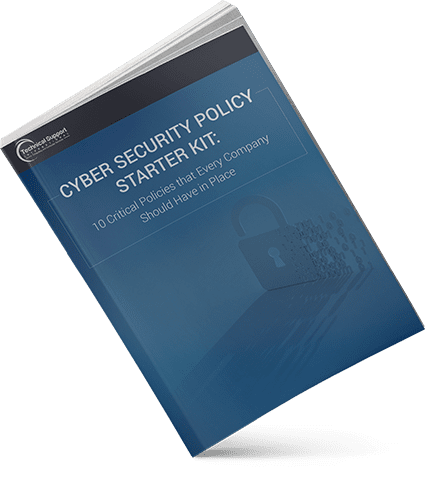Governance & IT Compliance
Data Breaches News: Hilton Data Breach Results in Penalty
Hilton Hotels reached a settlement this month with New York Attorney General Eric T. Schneiderman and Vermont Attorney General TJ Donovan following two breaches in 2015. The settlement totaled $700,000
ContinuedData Security Compliance: Security Awareness Training & Compliance Requirements
Did you know there are over 8,500 different Local, State, and Federal standards & requirements your organization may be required to comply with? This staggering number can come as a surprise to many. That’s why we’ve taken the time to compile a list of the most common standards which may require your organization to implement a security awareness program.
ContinuedPrevent a HIPAA Breach: How to Prevent Data Breaches
In 2016, the Health Insurance Portability & Accountability Act (HIPAA) collected over 23 Million in Civil Money Penalties (CMPs) related to businesses violating patient data privacy provisions. Over half of the cases involved organizations who failed to even have a proper risk assessment conducted. The cost for violating HIPAA privacy protections continue to grow, which is why we decided to provide a list of the most common violations, as well…
ContinuedSmall Business Cyber Security Plan: Why Your Business Needs a WISP
Not having a written information security program (WISP) for your business could be putting your data at risk of not only theft, but substantial legal/punitive damages. The laws in Massachusetts enforce strict guidelines to safeguard any personal information of individuals stored on your network. Sadly, many SMBs brush it off as a minimal danger that is unlikely happen to them. Despite studies that show the assumption to be untrue, in…
ContinuedData Security: New HIPAA Policies & Procedure on Ransomware Disclosures
The Department of Health & Human Services for Civil Rights (OCR) has issued guidance on how to manage the increasing frequency of ransomware attacks toward healthcare providers. Ransomware is a malware which encrypts data until a ransom is paid to the hacker, who in return, will hopefully issue the encryption key to unlock the data on your machines. It is a very real threat for any provider who has electronic…
ContinuedHow to Counteract VoIP Vulnerabilities: VoIP Security Risks
In today’s day and age we have become familiar and hopefully cautious when receiving strange emails with a random file attached. It’s unlikely that we would give it a second thought before deleting. This is because we recognize the need for cyber security to limit the onslaught of digital threats we receive on a seemingly daily basis. What we often overlook however, is that voice over IP (VOIP) services are…
ContinuedCategories
- Backup & Disaster Recovery
- Business Operations
- Case Studies
- Cloud Services
- Cyber Security
- Employee Spotlight
- Finance & Budgeting
- Glossary Term
- Governance & IT Compliance
- Managed Services
- Mobile Device Management
- Network Infrastructure
- NIST 800-171 & CMMC 2.0
- PCI
- Podcast
- Project Management
- TSI
- Uncategorized
- vCIO
Cyber Security Policy Starter Kit:
10 Critical Policies That Every Company Should Have in Place








